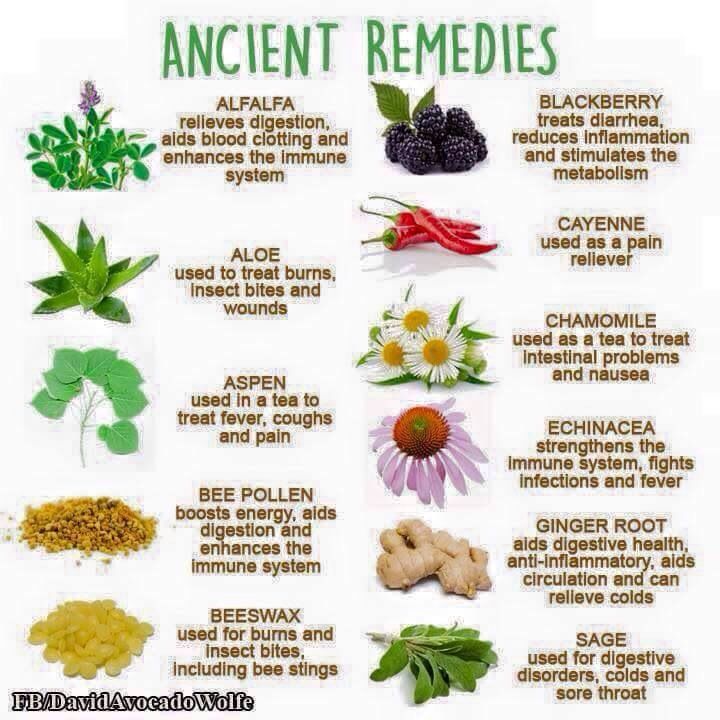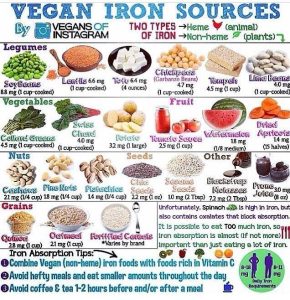
Herbal supplements have been used for centuries as a natural alternative to conventional medicine. With a rich history deeply rooted in traditional practices, these remedies have been sought after for their potential health benefits. But what exactly are herbal supplements, and why are they gaining popularity in today’s society?
The Basics of Herbal Supplements
Herbal supplements, also known as botanicals, are medicinal plants or plant extracts that are used to promote health and well-being. These supplements typically come in the form of pills, capsules, powders, or liquid extracts, and can be found in health food stores, pharmacies, or online. What sets herbal supplements apart from pharmaceutical drugs is that they are derived from natural sources and can contain a variety of vitamins, minerals, and other bioactive compounds. These compounds are believed to work together synergistically to provide therapeutic effects.
The Appeal of Natural Remedies
One of the main reasons why herbal supplements have gained popularity is their association with natural remedies. Many people prefer using natural products over pharmaceutical drugs due to concerns about potential side effects or chemical additives. Herbal supplements offer a more holistic approach, aligning with the belief that nature provides everything we need for our well-being. Moreover, herbal supplements often come with a long history of traditional usage. Traditional medicine systems such as Ayurveda, Chinese medicine, and Native American healing practices have relied on the healing properties of plants for centuries. The historical and cultural significance of these remedies lends them credibility and trust among individuals seeking natural alternatives to conventional medicine.
Common Herbal Supplements and Their Benefits
Herbal supplements cover a wide range of health issues, including immune support, digestion, mood enhancement, cognitive function, and more. Let’s explore some of the most popular herbal supplements and their potential benefits:
1. Echinacea
Echinacea is a flowering plant commonly used to support the immune system. It is believed to help prevent and treat the common cold and flu, and some research suggests it may reduce the duration and severity of respiratory infections.
2. St. John’s Wort
St. John’s Wort is a herb often used to alleviate symptoms of mild to moderate depression and anxiety. It is thought to work by increasing the levels of serotonin, dopamine, and norepinephrine in the brain, chemicals that play a role in mood regulation.
3. Turmeric
Turmeric is a vibrant yellow spice commonly used in Asian cuisine. Its active compound, curcumin, possesses potent anti-inflammatory and antioxidant properties. Turmeric may help reduce inflammation, improve joint health, support digestion, and enhance cognitive function.
4. Ginseng
Ginseng is a root used in traditional Chinese medicine for its potential cognitive and physical performance-enhancing effects. It is believed to improve concentration, memory, and overall mental clarity while also boosting energy levels.
5. Garlic
Garlic has been used since ancient times for its potential health benefits. It may help lower blood pressure, reduce cholesterol levels, and support cardiovascular health. Garlic is also known for its antibacterial and antiviral properties.
Seeking Professional Guidance
While herbal supplements offer promising benefits, it is crucial to exercise caution and seek professional guidance before incorporating them into your routine. Consulting with a healthcare provider, such as a naturopathic doctor or a registered herbalist, can help ensure the safety and effectiveness of these remedies, especially if you are currently taking other medications. Additionally, understanding the potential risks and interactions of herbal supplements is essential. Some supplements may have side effects or interact with certain medications. Professional guidance can help you choose the most appropriate supplements and determine the correct dosage for your specific health needs. Exploring natural remedies through herbal supplements can open up a world of possibilities for improving our well-being. These age-old remedies, rooted in historical practices and traditional medicine systems, offer a natural and holistic approach to health. However, it is vital to approach herbal supplements with caution and seek professional guidance to ensure their safe and effective use. Remember, nature provides us with remarkable healing properties, but responsible and informed decision-making is crucial in reaping these benefits.

